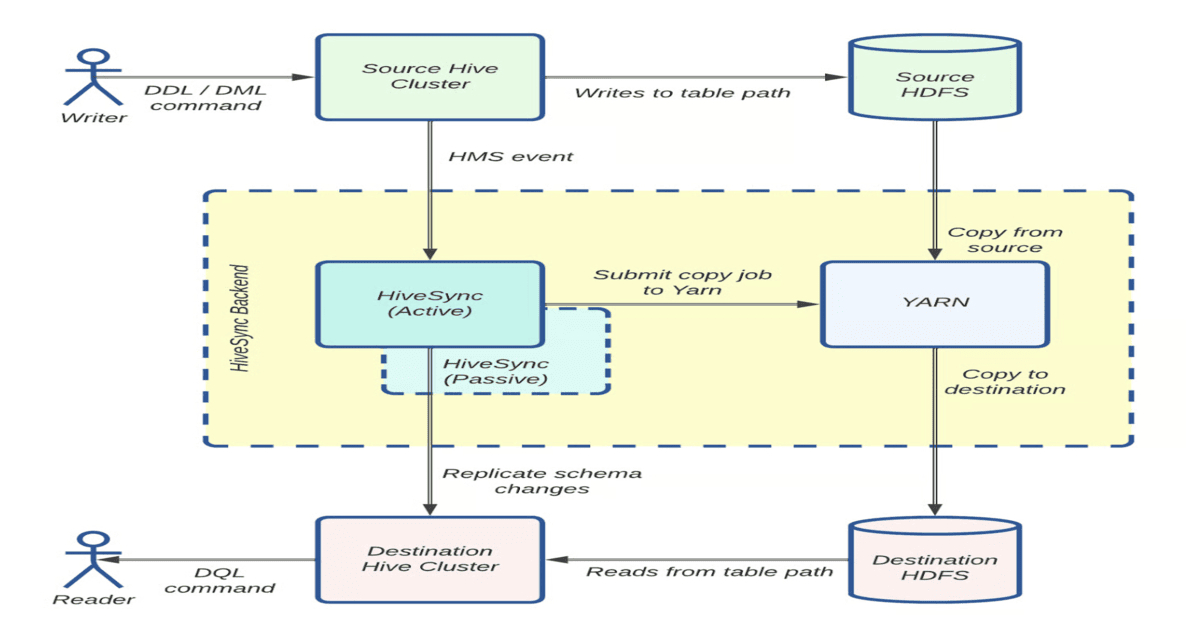Codetown
Codetown ::: a software developer's community
Kotlin Thursdays - Introduction to Functional Programming Part 2

Resources
- Higher-Order Functions and Lambdas:https://kotlinlang.org/docs/reference/lambdas.html
- FP in Kotlin Part 1: https://medium.com/kotlin-thursdays/functional-programming-in-kotli...
Introduction
Last week, we went over higher order functions in Kotlin. We learned how higher order functions can accept functions as parameters and are also able to return functions. This week, we will take a look at lambdas. Lambdas are another type of function and they are very popular in the functional programming world.
Logic & Data
Computer programs are made up of two parts: logic and data. Usually, logic is described in functions and data is passed to those functions. The functions do things with the data, and return a result. When we write a function we would typically create a named function. As we saw last week, this is a typical named function:
fun hello(name: String): String {
return "Hello, $name"
}
Then you can call this function:
fun main() {
println(hello("Matt"))
}
Which gives us the result:
Hello, Matt
Functions as Data
There is a concept in the functional programming world where functions are treated as data. Lambdas (functions as data) can do the same thing as named functions, but with lambdas, the content of a given function can be passed directly into other functions. A lambda can also be assigned to a variable as though it were just a value.
Lambda Syntax
Lambdas are similar to named functions but lambdas do not have a name and the lambda syntax looks a little different. Whereas a function in Kotlin would look like this:
fun hello() {
return "Hello World"
}
The lambda expression would look like this:
{ "Hello World" }
Here is an example with a parameter:
fun(name: String) {
return "Hello, ${name}"
}
The lambda version:
{ name: String -> "Hello, $name" }
You can call the lambda by passing the parameter to it in parentheses after the last curly brace:
{ name: String -> "Hello, $name" }("Matt")
It’s also possible to assign a lambda to a variable:
val hello = { name: String -> "Hello, $name" }
You can then call the variable the lambda has been assigned to, just as if it was a named function:
hello("Matt")
Lambdas provide us with a convenient way to pass logic into other functions without having to define that logic in a named function. This is very useful when processing lists or arrays of data. We’ll take a look at processing lists with lambdas in the next post!
Tags:
Replies to This Discussion
Notes
Welcome to Codetown!
 Codetown is a social network. It's got blogs, forums, groups, personal pages and more! You might think of Codetown as a funky camper van with lots of compartments for your stuff and a great multimedia system, too! Best of all, Codetown has room for all of your friends.
Codetown is a social network. It's got blogs, forums, groups, personal pages and more! You might think of Codetown as a funky camper van with lots of compartments for your stuff and a great multimedia system, too! Best of all, Codetown has room for all of your friends.
Created by Michael Levin Dec 18, 2008 at 6:56pm. Last updated by Michael Levin May 4, 2018.
Looking for Jobs or Staff?
Check out the Codetown Jobs group.
InfoQ Reading List
Google Cloud Brings Full OpenTelemetry Support to Cloud Monitoring Metrics

Google Cloud recently unveiled broad support for the OpenTelemetry Protocol (OTLP) in Cloud Monitoring, marking a step toward unifying telemetry collection across its observability stack.
By Craig RisiAWS Launches Agent Plugins to Automate Cloud Deployment

AWS launched Agent Plugins for AWS, providing AI coding agents with specialized deployment skills. The initial deploy-on-aws plugin transforms workflows by accepting commands like "deploy to AWS" and generating complete pipelines with architecture recommendations, cost estimates, and infrastructure code. Supported in Claude Code and Cursor, AWS claims 10-minute deployments versus hours manually.
By Steef-Jan WiggersGoogle Enhances Node Pool Auto-Creation Speed for GKE Clusters

Google Cloud has optimised GKE's node pool auto-creation, significantly cutting "Time to Ready" for massive clusters. By improving control plane communication and request batching, GKE now provisions resources faster, rivalling tools like Karpenter. The update enhances scaling reliability and stability for high-volume AI and batch workloads, automatically rolling out across supported versions.
By Mark SilvesterGitHub's Points to a More Global, AI-Challenged Open Source Ecosystem in 2026

GitHub has released its yearly look at open-source trends. They used data from the Octoverse 2025 report to help the open-source community get ready for the coming year. The picture that emerges is one of extraordinary scale and the structural strains that come with it.
By Claudio MasoloHybrid Cloud Data at Uber: How Engineers Solved Extreme-Scale Replication Challenges

Uber’s HiveSync team optimized Hadoop Distcp to handle multi-petabyte replication across hybrid cloud and on-premise data lakes. Enhancements include task parallelization, Uber jobs for small transfers, and improved observability, enabling 5x replication capacity and seamless on-premise-to-cloud migration.
By Leela Kumili
© 2026 Created by Michael Levin.
Powered by
![]()